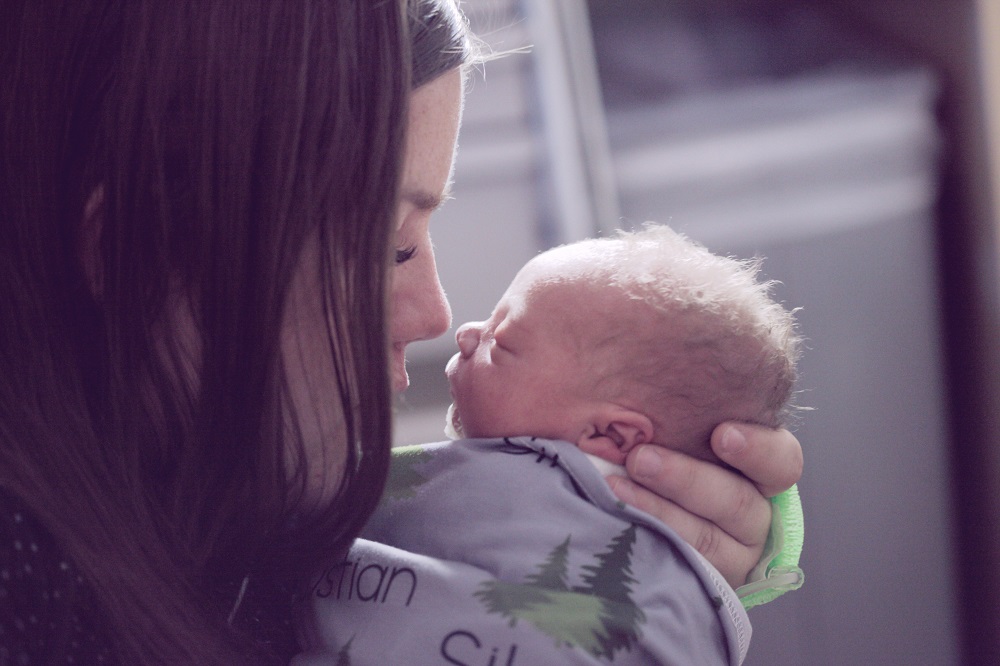Characteristics of Japanese encephalitis
Encephalitis B (Japanese encephalitis) is an acute infectious disease of the central nervous system caused by the epidemic encephalitis B virus. Mosquitoes are the main vector of the disease. Generally, when a baby is bitten by a mosquito with the Japanese encephalitis virus in its body, he can get sick after 10-15 days. The typical symptoms are fever, weakness and other general malaise. After 1-2 days, his temperature gradually increases, accompanied by nausea, vomiting, spasm and disturbance of consciousness. At the same time, there may be drowsiness, lethargy or even coma, or delirium (nonsense), restlessness and other mental symptoms.
From July to September when JE is prevalent, parents should be particularly vigilant. If the baby’s fever does not decrease, and the baby is drowsy and delirious, the neck cannot bend forward smoothly, it is necessary to think about whether the baby has b encephalitis, and send the baby to the hospital for diagnosis and treatment in time.
Therapeutic care
1. Symptomatic treatment
Up to now, there is no specific drug for the treatment of Japanese encephalitis in clinic, and most of them are treated symptomatically, so the disease still seriously threatens the health and life of the baby. Most hospitals treat Japanese encephalitis with the combination of Chinese and Western medicine, at the same time, closely observe the changes of the disease and control the development of the disease in time.
2. Diet and nutrition
Pay attention to providing enough nutrition and water for the baby. According to the local conditions, give cool drinks and liquid diet, such as watermelon juice, mung bean soup, milk, soymilk, vegetable soup, etc. when coma, the medical staff will give nasal feeding. Parents should pay attention to removing the baby’s vomit at any time to prevent the vomit blocking the respiratory tract and causing suffocation.
3. Pay attention to replenishing liquid
The baby is prone to dehydration during high fever and convulsion. The parents should pay attention to the supplement of liquid, mainly oral supplements as far as possible. When the baby’s symptoms are serious, it is necessary to infuse liquid intravenously, adjust electrolyte and acid-base balance at the same time. Intravenous rehydration should not be too much in order to prevent the aggravation of brain edema and brain hernia. Children can be injected 50-80 ml per kilogram of body weight every day, but it needs to be different according to their high fever, sweating, vomiting and eating conditions. The supplemented liquid is mainly 5% – 10% glucose injection and normal saline (3:1-5:1).
4. Good oral care
Most babies have different levels of consciousness barriers, so parents should do a good job of oral cleaning to prevent secondary infection. Generally, oral care is carried out twice a day. Patients with stomatitis can be wiped with 2% methyl violet or bingpeng san or qingdai powder. When the baby has fungal stomatitis, it can use weak alkaline mouthwash such as 3% – 5% sodium bicarbonate solution or 2% borax solution to rinse the mouth, or apply nystatin.
5. Clean the skin
Baby will often sweat, parents should pay attention to scrub, keep skin dry at any time. The sacrococcygeal and other bone protuberances can be rubbed and massaged with a hot towel or 30% ethanol to promote local blood circulation. Often turn your baby over to prevent the formation of bedsores. For babies with severe symptoms, turn over and pat his back regularly, usually every 2 hours, to prevent pneumonia.
6. Functional exercise
After the acute onset period, we should adopt the method of combination of traditional Chinese and Western Medicine (including acupuncture, massage) for later treatment in the sequelae period, and strengthen the baby’s functional training. For children with mental retardation, parents should repeatedly inspire and induce them, starting with the familiar people or things and simple words or sentences, to exercise their memory little by little, so as to achieve the purpose of restoring intelligence. For babies with swallowing disorders, they should feed liquid diet, from drop by drop to mouth by mouth, and gradually transition to semi-liquid diet, and gradually train their swallowing function. During feeding, keep the environment quiet and proper light to prevent choking the baby.
Active prevention
1. Vaccination
Because of the high death and disability rate of JE, it is very important to prevent the occurrence of disease. Children 6 months after birth should be vaccinated with the JE vaccine. Until the age of 15, children should be vaccinated every 4 years.
2. Develop good living habits
To form a good life habit, we should not only have reasonable nutrition, but also enough sleep to improve the body’s resistance.
3. Completely kill mosquitoes
It is worth noting that mosquito control and prevention are the most fundamental measures to prevent the occurrence and prevalence of JE. Parents should keep their home environment clean. At night, it is recommended to use mosquito nets to avoid mosquito bites. When going out, mosquito repellent cream containing DEET can be used for prevention. In case of suspicious symptoms and suspected mosquito bites, seek medical confirmation and treatment as soon as possible.

